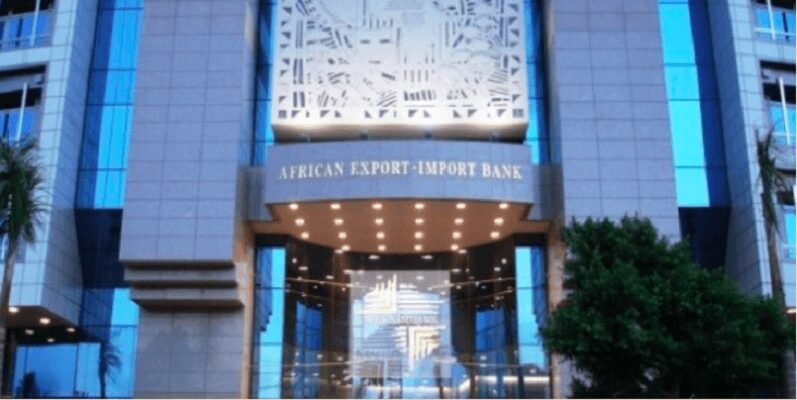Despite Vast Potential, Nigeria Still Among Toughest Places to Do Business – Afreximbank
Group Chief Economist and Managing Director of Research and Trade Intelligence at the African Export-Import Bank (Afreximbank), Dr. Yemi Kale, has described Nigeria’s economic journey as a “paradox,” stressing that while the country possesses enormous potential, it remains one of the most difficult places in the world to do business.
Speaking on Wednesday during The Platform 2025 broadcast to mark Nigeria’s 65th Independence anniversary, Kale observed that the nation’s economic promise is well documented and widely recognised, but structural and environmental challenges continue to constrain investors and entrepreneurs.
Advertisement
“Today, October 1, is a day to reflect on how far we have come in our economic endeavours and the future we want to create,” he said. “Now, Nigeria at 65 years old, unfortunately, our economic story is still being described as a paradox. We have immense potential but at the same time, a very difficult business environment for investors to operate.”
Kale explained that despite these challenges, Nigeria remains a market that investors cannot ignore.
According to him, foreign investors may sometimes delay entry, leave temporarily, or scale back operations, but they continue to monitor Nigeria closely for the right timing.
“Whatever the case, investors never lose sight of this market. They understand that if Nigeria gets just a few fundamentals right, the opportunities here cannot be ignored,” he added.
Advertisement
The Afreximbank economist stressed that reforms are central to Nigeria’s economic transformation but cautioned that they require patience, persistence, and disciplined execution to produce meaningful outcomes.
“Reforms are not just political shifts; they are strategic decisions made by nations committed to stabilising their present and securing a prosperous future,” he said.
“They do not yield instant prosperity. We must be patient and stay the course because reforms take time before changes begin to manifest.”
Kale further highlighted Nigeria’s demographic advantage, noting that a population of over 220 million people, more than 70 per cent of whom are under the age of 30, positions the country as one of the world’s largest reservoirs of youthful energy and talent.
According to him, harnessing this demographic dividend while addressing structural bottlenecks in the business environment will be critical to unlocking Nigeria’s true potential and ensuring inclusive economic growth.

